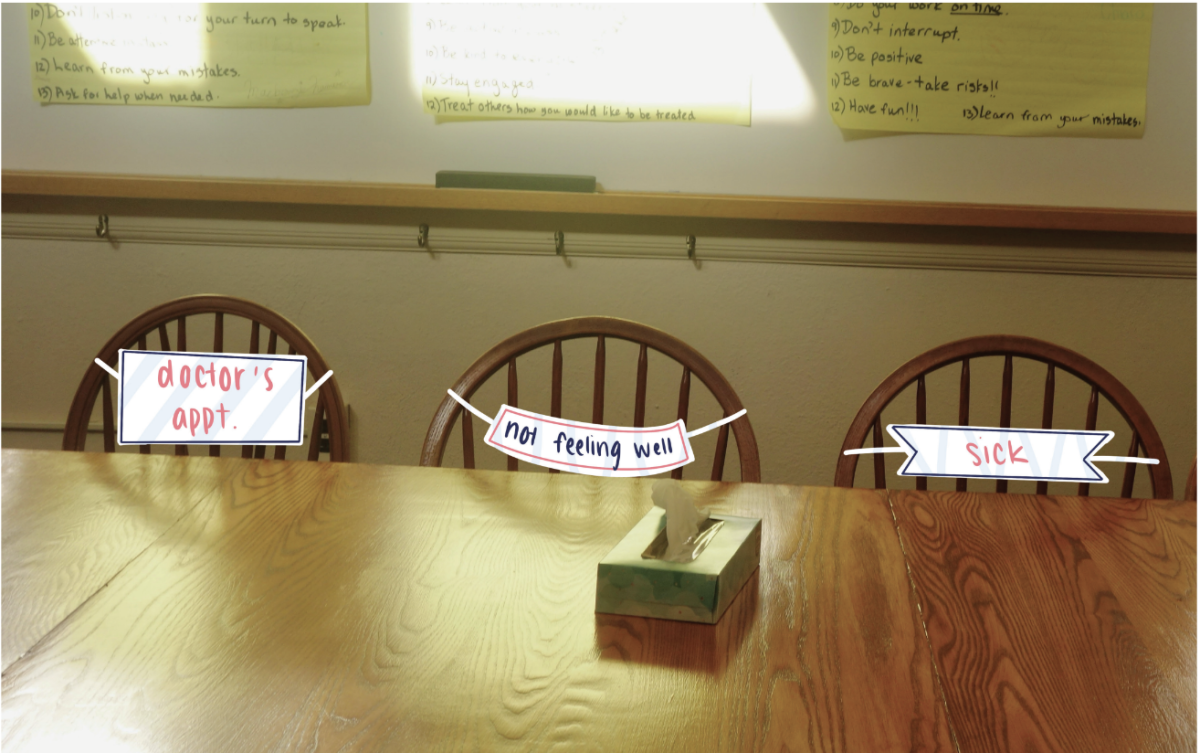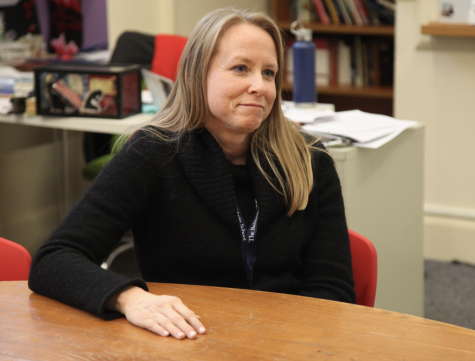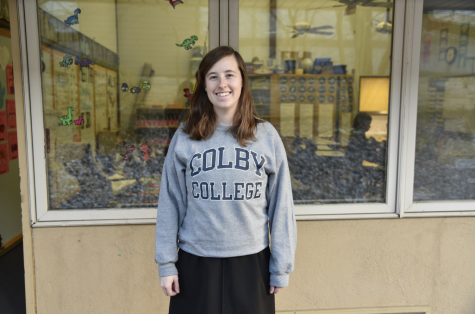Homework Over Holidays
How assignments affect Jewish students– even on days off
Recently, I was at my friend’s house for Yom Kippur to be present for the meal after their fasting ended. As I completed my one-hundred-page reading assignment before dinner, my friend asked me, “How are you allowed to have homework on such an important religious holiday?”
“It’s not that bad of a reading. I finished my other work yesterday,” I replied.
But then again, I’m not Jewish, and I wasn’t attending multiple hour-long services or fast all day. I imagine being in that position with the amount of homework on my plate, especially as a senior struggling to manage college work as well.
But there are Baldwin students who don’t have to imagine juggling hours upon hours of homework on holy days. In order to gain an understanding of the challenges these students face, I created a form asking Jewish students at Baldwin how having homework over religious holidays has impacted their lives.
To start, out of the 20 responses, every student said they had homework over the Jewish High Holidays. Several students described how homework impacted their ability to observe the holidays with their families.
“To myself and my family, homework is not a valid excuse to miss services or traditions. Instead of affecting my ability to celebrate these holidays, this has affected my sleep schedule and has put me in a pretty bad mood when I should have been enjoying family time,” said Lyla Mason ‘26.
“Having homework assigned during the Jewish holidays makes me anxious and stressed out. In addition, I feel disrespected in my educational environment. I shouldn’t have to have assignments over religious holidays my family and I celebrate. There have been instances where I stay back from dinners on these holidays just to finish work in past years,” said Atlas Viroslav ‘25.
I talked to Mrs. Reed, Director of the Upper School, to gain more insight on Baldwin’s workload policies during religious holidays.
She explained that while there isn’t an official policy on homework over holidays, teachers are not allowed to assign tests, quizzes or large assessments due the day after. However, Mrs. Reed did say that the administration encourages teachers to limit homework and make sure they are fully aware of any holidays coming up.
When asked if the school would ever consider making an official no homework policy over religious holidays, Mrs. Reed explained that there are many things to consider when thinking about this question. For example, there are many different religious holidays that students observe throughout the year– which holidays would be exempt from homework? Do we say no homework for both the A and B day following a holiday? And can students use the A/ B schedule to plan ahead?
Mrs. Reed said “What I would say is to continue to encourage students who celebrate these holidays to advocate for themselves with their teachers, to either plan ahead and work before the holiday or ask for an extension on your work.”
Not all students who celebrate the Jewish holidays feel that the workload is unreasonable. Sasha Deringer ‘23, Senior Head of the Jewish Cultural Association, agreed with Mrs. Reed on the importance of self-advocacy, saying, “I believe teachers would be receptive if a student had a need to ask for accommodations, although I personally have never needed to ask for any. I am not particularly observant, but I have never had a problem with homework impacting my ability to celebrate the Jewish High Holidays with my family.”
For those who do struggle to balance the schoolwork with personal celebrations, it seems that the best option for now, as Mrs. Reed said, is to be proactive and thoughtful about your workload and how you advocate for yourself during this time.





































